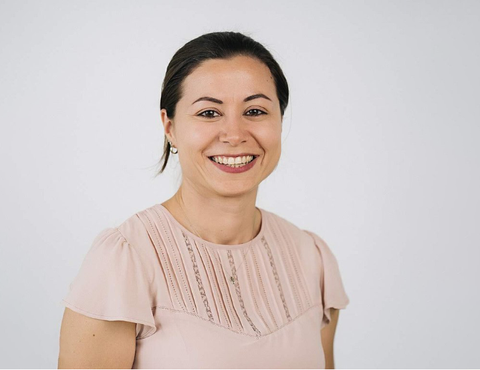May 28, 2025
WELCOME TO THE FACULTY OF COMPUTER SCIENCE, PROF. ELIF BILGE KAVUN
Prof. Elif Bilge Kavun has held the Chair of Trustworthy Computing at the Institute of Systems Architecture since May 1. The Chair is a joint appointment with the Barkhausen Institute and is associated with the management of the corresponding research group there. The focus is on application-oriented research in the field of designing safety- and mission-critical systems, both in terms of IT security and functional safety.
Elif Bilge Kavun completed her master's degree in cryptography at the Middle East Technical University (METU) in Ankara/TR in 2010 on the topic of "A Compact Cryptographic Processor for IPSec Applications" and obtained her doctorate in 2015 on the topic of "Resource-efficient Cryptography for Ubiquitous Computing: Lightweight Cryptographic Primitives from a Hardware & Software Perspective" at the Ruhr University Bochum, where she worked as a Research Associate until 2014. During her PhD, Elif Kavun worked on the development of new lightweight cryptographic primitives for the Internet of Things and the age of ubiquitous computing. Before graduating, she was already researching state-of-the-art security solutions for smart cards at Infineon Technologies AG in Munich, where she worked as a staff engineer in the CPU and Crypto Cores team until 2019.
After her time as a lecturer at the University of Sheffield/UK, Ms. Kavun was appointed Junior Chair of Secure Intelligent Systems at the University of Passau in 2020, where she has held the tenure-track professorship of the same name since 2021.
Prof. Kavun: "I am very pleased about the joint appointment and the opportunity to contribute my expertise and contacts to shape new research areas and ideas as well as industrial relationships. In this way, I would like to create opportunities for collaboration between the Faculty and the Institute and national/international researchers and companies. In particular, I would like to have a positive impact on current teaching by designing new IT security modules and study programs."

